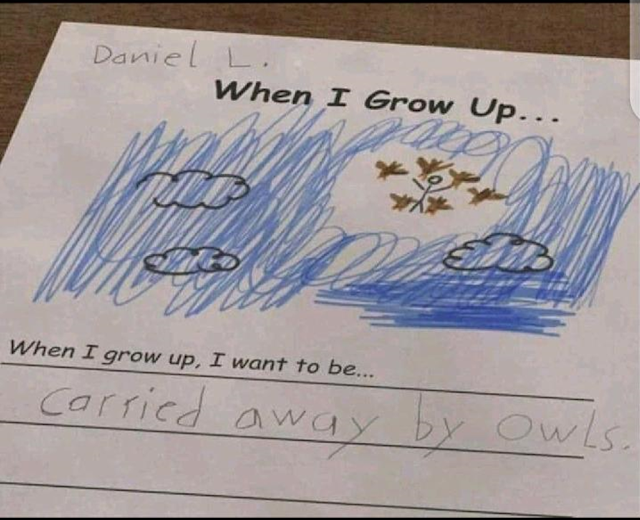Parental Separation and Divorce: Causes and Effects on the Children Caught in the Web
"Children
need love and support from both parents, even if they live apart. It's our
responsibility as adults to put their well-being first."
As educators, we have a crucial responsibility to assist students who are coping with the difficulties of parental separation and divorce. In order to give children the resources, support, and empathy they need to succeed academically and emotionally, we must first understand the origins and implications of these situations. Let's look at this issue from the standpoint of an educator.
Causes of Parental Separation and Divorce:
1️⃣ Communication breakdown: Poor communication between parents can result in misunderstandings, unresolved disputes, and animosity, which finally causes the relationship to fall apart.
2️⃣Emotional strain: Relationships can suffer from emotional problems like adultery, trust concerns, or emotional drifting away. Parents may opt to divorce when these problems become unmanageable.
3️⃣ Financial hardship can put a lot of strain on a relationship, including conflicts about money, debt, or unemployment. These issues could become so severe that severing ties is considered the only way out..
4️⃣ Incompatibility and differences: Over time, couples may come to realize that they have fundamentally different values, aspirations, or lifestyles, which makes it difficult to maintain a happy and healthy relationship. The choice to divorce or split can result when these differences become intractable.
Effects on Children:
1️⃣ Impact on children's emotions and psychology: Children caught in the web of parental separation may feel a variety of emotions, such as sadness, confusion, rage, and anxiety. They could find it difficult to comprehend and adjust to the changes taking place in their family.
2️⃣ Academic difficulties: Parental divorce can significantly affect a child's academic performance due to the emotional pain it causes. Their grades may suffer as a result of their inability to focus, complete assignments, or participate in class.
3️⃣ Behavior alterations: The stress and mental turmoil brought on by parental separation may cause children to display behavioral alterations. They could retreat, show aggressiveness, or try to get attention in different ways.
4️⃣ Social issues: Parental divorce might interfere with a child's friendships and social life. Their general social well-being may be harmed by feelings of loneliness, issues with trust, or problems establishing new relationships.
5️⃣ Impact on future relationships: Parental separation can shape a child's perspective on relationships and commitment. They may struggle with trust and intimacy in their own future relationships, as they have witnessed the dissolution of their parents' partnership.
Supporting Students:
1️⃣ Create a safe and inclusive environment: Foster an environment where students feel comfortable expressing their emotions and concerns. Encourage open dialogue and active listening, ensuring their voices are heard and validated.
2️⃣ Provide a support network: Collaborate with school counselors, psychologists, or social workers to offer counseling services or support groups for students experiencing parental separation. These resources can provide a space for students to process their emotions and seek guidance.
3️⃣ Maintain open communication: Establish a channel of communication with parents to stay informed about the situation and any changes that may impact the student's well-being. Working together with parents can provide a holistic support system for the child.
4️⃣ Individualized attention: Monitor the academic progress and behavior of students affected by parental separation. Identify signs of distress and provide additional support or referrals to appropriate services when necessary.
5️⃣ Foster resilience: Encourage the development of resilience in students by promoting healthy coping mechanisms, self-care strategies, and emphasizing their strengths and abilities. Help them understand that they can overcome challenges and build a bright future.
Every student will have a different experience, therefore it's important to treat their needs with respect, understanding, and confidentiality. We can improve the lives of children trapped in the web of parental separation by providing assistance and understanding.
References:
Amato, P. R. (2000). The consequences of divorce for adults and children. Journal of Marriage and Family, 62(4), 1269-1287.
Grych, J. H., & Fincham, F. D. (2001). Children's appraisals of marital conflict: Initial investigations of the cognitive-contextual framework. Child Development, 72(2), 678-692.
Kelly, J. B., & Emery, R. E. (2003). Children's adjustment following divorce: Risk and resilience perspectives. Family Relations, 52(4), 352-362.



A nice write-up. But the issue of separation and divorce is posing a great danger to the family as a unit. But the disturbing part is the fact that the children in the midst of it are the suffering the consequences and not the parents.
ReplyDelete